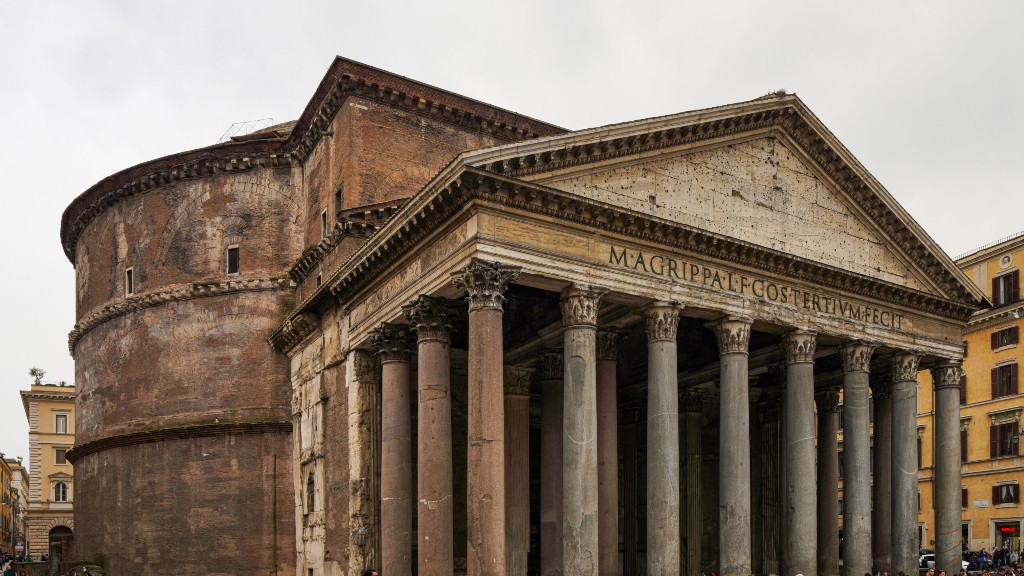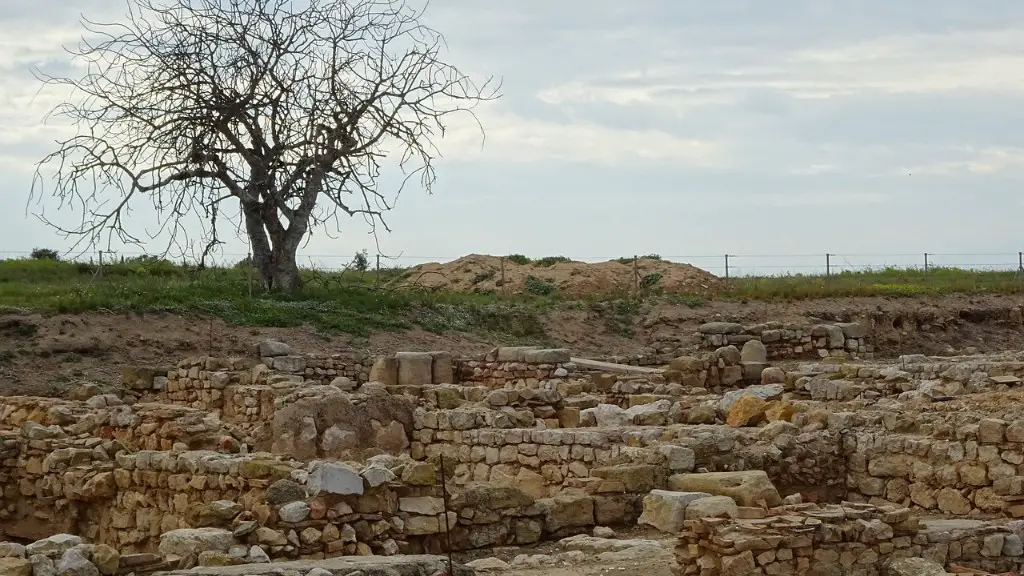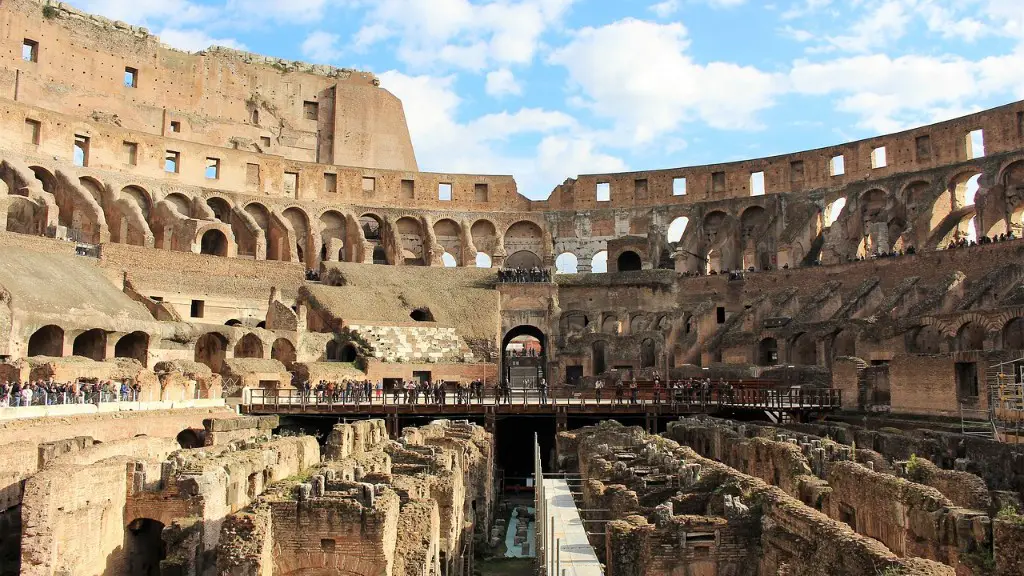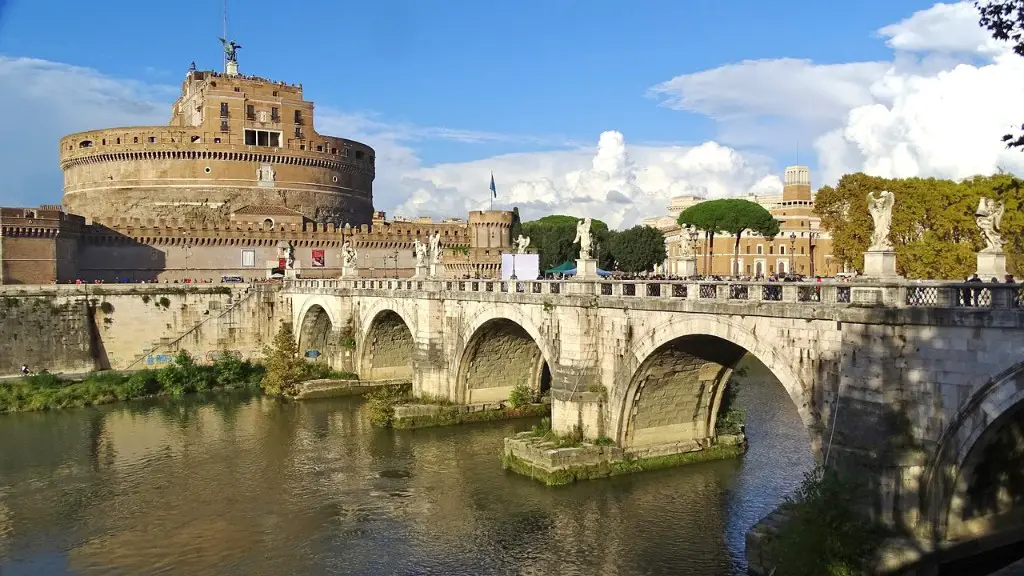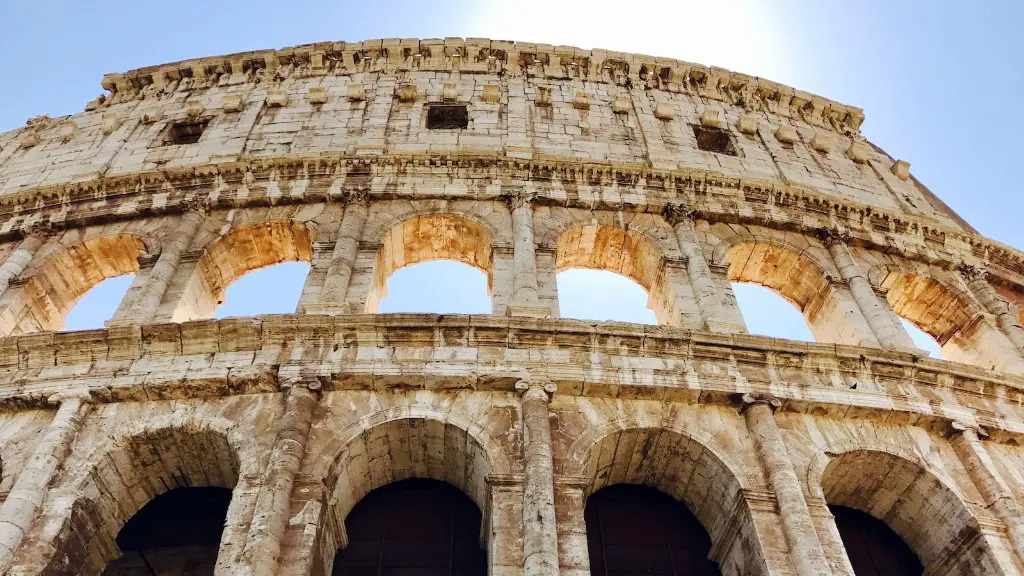In Ancient Rome, two consuls were elected each year—a political system that remained in place for centuries. This system stood in contrast to other nations of the time that had a single king or pharaoh, so why did Rome have two consuls? This article will cover the various reasons why Rome adopted the system of two consuls and the advantages that it provided to the Roman state and its citizens.
The foundations of the Roman Republic were laid down in around 509 BCE, when the patricians, the aristocracy of Rome, overthrew the Etruscan dynasty, which had controlled the city prior to that point. To protect themselves from future coups, the patricians created the office of consul, and the consuls were elected from the patrician families, and the two consuls were the representatives of the patricians that held the highest position in the Roman state.
The two consuls were not absolute monarchs, and, in fact, their influence was limited. This was done to protect the power of the Senate and the Republic from any possible future revolts from the consuls. The consuls were elected for an annual term, and during this period, the two consuls were expected to cooperate and compromise on decisions and hold a majority in the Senate.
The two consuls had both military and political power, and in times of war, they had the authority to raise armies, lead them in battle, and make decisions in their absence. On the political side, they had the power to make decisions on the Senate floor, but only if they had a majority in the Senate, and their power had to be checked by the Senate. This ensured that no consul had too much power, and it kept the Republic safe from any dictator-like figure.
The two-consul system also had an economic benefit, as it allowed for the expansion of the Roman economy. Through the two-consul system, the Romans could make decisions on tariffs, taxes, and commercial laws, which allowed the Roman economy to grow. By having two consuls, the Romans could ensure that no single individual had too much control over the economy.
The two consuls also had an important role in maintaining law and order in the Republic. The two consuls had the authority to prosecute criminals and interpret the laws of the Republic. This ensured that the Republic was safe from any malicious actors and that justice was upheld in the Republic.
Overall, the two-consul system was essential in ensuring the stability of the Republic, its economy, and the law and order of its citizens. It allowed the patrician families to protect themselves against any possible coup and gave the citizens of the Republic the assurance that their rights and freedoms were safe. By having two consuls, the Republic could make decisions on taxes, tariffs, and military matters without the risk of any individual having too much power.
How The Two Consuls Were Elected
The two consuls were elected annually by the Roman people, who voted via the “centuriate assembly” system. This process was overseen by the elected magistrates of Rome: the tribunes and the aediles. The citizens of Rome voted in the centuriate assembly by grouping themselves into centuries of varying wealth, and each century was granted one vote. The two candidates with the most votes became the elected consuls.
The election process of Rome’s consuls was an example of ancient democracy, and the consuls were meant to represent the people of Rome. This ensured that the interests of the citizens of Rome were respected, and that the elected consuls were beholden to the people. This system was also designed to protect the Republic from any single consul taking control, as the consuls could only be elected for an annual term and could not hold office for too long.
The election process for the two consuls was not perfect. This system meant that only patricians could become consuls and the election process favored the most wealthy citizens of the Republic, as they were the ones who could buy the most votes. This did lead to some corruption and favoritism in the election process, but for the most part, the two consuls were elected by the citizens of Rome and had to adhere to their mandate.
How The Two Consuls Cooperated
The two consuls were not just opposites, they were also partners, and they had to cooperate with one another in order to be successful. This meant that the consuls had to talk to each other and compromise on certain decisions, and they had to be in agreement when it came to the important matters of the Republic. In times of war, the consuls had to cooperate in order to be successful, and their decisions in times of peace had to reflect their common goals.
The two consuls were also aided by their advisors, known as “Promagistrates”, which consisted of former or current consuls or senators. These advisors helped the two consuls to make decisions and come to compromises. The Promagistrates ensured that the two consuls worked together, and that their decisions were made in the best interests of the Republic.
The two consuls were also limited in power by the Senate, which could veto their decisions if it felt that their decisions were not in the best interests of the Republic. This system could be seen as a form of checks and balances, as the Senate could limit the power of the consuls and prevent them from taking advantage of the system.
The two-consul system worked well in the past, and it still plays a vital role today. By having two consuls, the Republic was protected from any single individual taking control, and Rome was able to function efficiently and democratically. This system was essential in maintaining the stability of the Republic and its citizens.
The Advantages of the Two Consuls
The two-consul system was beneficial for the Republic in many ways, and it provided several advantages over other forms of government. Firstly, it ensured that no single person had too much power, and it provided a system of checks and balances where the consuls could be held accountable for their actions. This protected the Republic from any malicious actors, and it kept the Republic safe from any potential coups.
The two-consul system also provided the Republic with an efficient and democratic way of making decisions. By having two consuls, the Republic was able to make decisions quickly and effectively, as the consuls could make compromises on difficult matters and come to agreements swiftly. This allowed the Republic to function more efficiently and it prevented the Republic from becoming bogged down by lengthy debates and arguments.
The two-consul system also ensured that the interests of the people of Rome were respected. The two consuls were elected by the citizens of Rome, and they were beholden to the people and represent their interests. This meant that the decisions of the consuls had to take into account the wishes of the citizens of Rome and that the Republic would protect their rights and freedoms.
Finally, the two-consul system allowed the Roman economy to grow. Through the two-consul system, Rome was able to make decisions on tariffs, taxes, and commercial laws which allowed the Roman economy to expand and become more prosperous. This allowed Rome to become a major power in the ancient world and to achieve great successes.
Historical Context of The Two Consuls
The two-consul system was not only used in the Roman Republic, it has also been adopted by many different civilizations since then. The two-consul system became popular in the Renaissance period, where it was adopted by the city-states in Italy. This system allowed the city-states to gain more freedom and autonomy, and enabled them to make their own decisions without the interference of a higher monarchy.
The two-consul system has also been adopted by other nations in the modern age. The United States Constitution, for example, has the concept of two branches of government, the executive and the legislative, which is based on the two-consul system of the Roman Republic. This system was designed to ensure that no branch of government had too much power, and to protect the rights of its citizens.
The two-consul system has also had an effect on international law. For example, the internationally-recognized United Nations Charter states that all nations must have a “balance of power”, which is also based on the two-consul system of the Roman Republic. This system was created to ensure that no nation has too much control over the international system, and to ensure that there is stability in international relations.
Impact Of The Two Consuls System On Today’s Society
The two-consul system of the Roman Republic is still relevant today. Many modern political systems are based on the two-consul system, with checks and balances in place to ensure that no branch of government has too much power. Furthermore, the concept of a balance of power is still in place in international relations, and this concept is based on the two-consul system of the Roman Republic.
The two-consul system of the Roman Republic also serves as an example for modern societies. It shows the importance of democracy, and how the people of Rome must have had faith in the two-consul system in order for it to work. It shows that by having checks and balances and ensuring that no one person has too much power, a society can remain stable and prosperous.
Finally, the two-consul system shows the importance of cooperation and compromise. The two consuls must have worked together in order for the system to work, and this demonstrates the importance of finding common ground and working together to resolve issues. This concept is still relevant in today’s society, and it is an important lesson to take from the two-consul system of the Roman Republic.

